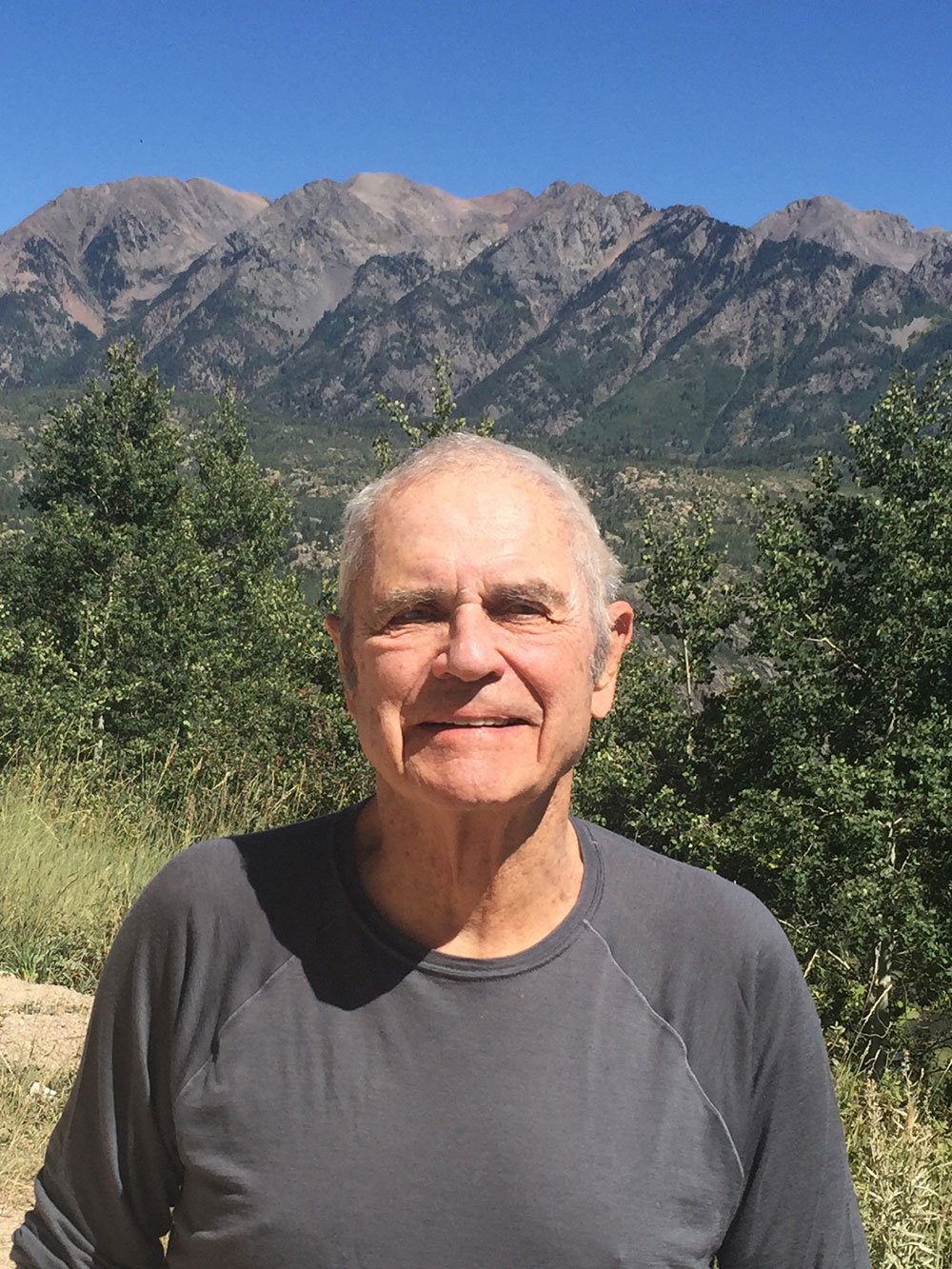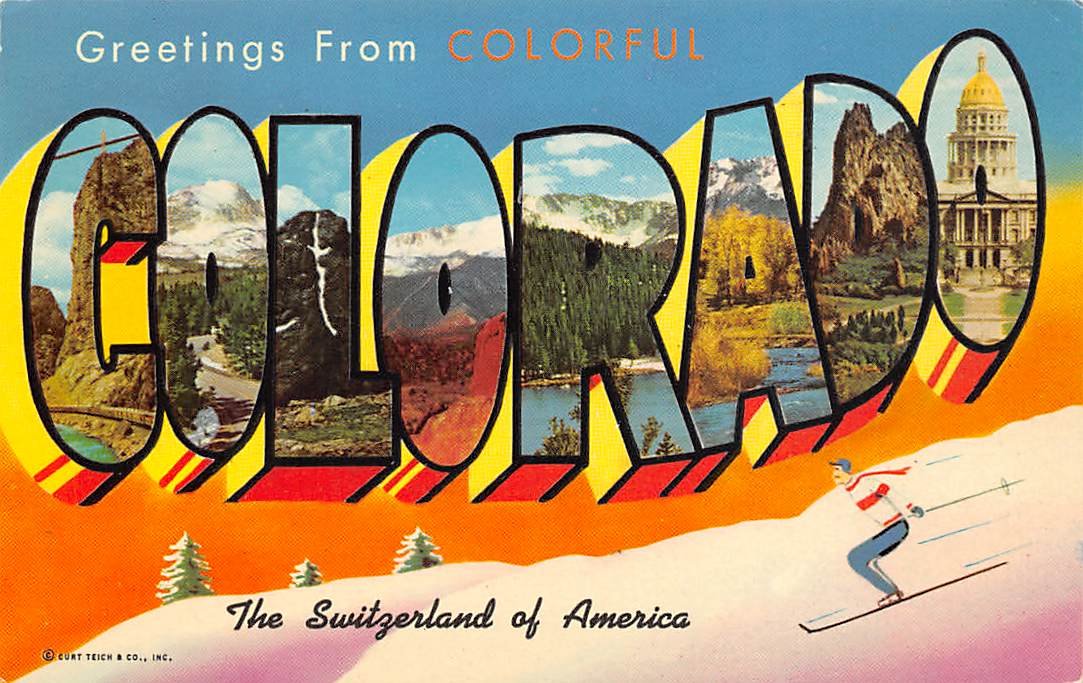Were you one of the 500 million people who read Choose Your Own Adventure books?
When I was growing up in the 80s these books were at the front of every library in every elementary school. Or, at least, in mine! I know for sure the kids at Sunset Heights Public School in Oshawa, Canada all went gonzo for them.
If you don’t know Choose Your Own Adventure, the books are written in the second person. The protagonist is … you! Who are you? Well, you might be a private investigator, mountain climber, race car driver, doctor, or spy. The stories are gender and race neutral and written so that after a couple of pages, you face a couple of options: do you want to go deeper into the jungle or head back to shore? Do you want to follow the guide up the mountain or retreat to the village? You zig and you zag and each book features dozens of endings. With no clear pattern around number of pages per ending, ratio of good to bad endings, or the reader’s progression backwards and forwards, there is a vertiginous sense of unpredictability which leads to (yes) reading them again and again.
Cover to Cover Club members will have heard us talk about these books already. Do you remember back in Chapter 42 when Molly Bloom told us the books were hugely formative to how she views her life as an adventure? Or just a few moons ago in Chapter 87 when Jason Shiga picked Sugar Cane Island by Edward Packard — a precursor to CYOA — as one of his most formative books?
Well, it’s with that lead-up that I’m so excited to share our conversation with the creator of second-person fiction and co-creator of Choose Your Own Adventure today —- Mr. Edward Packard. Edward is 90 years old and writing, blogging, swimming, hiking, and continuing the adventure that is life from his home in Durango, Colorado.
Get comfy and let’s talk about what the word formative really means, whether our self stays constant throughout our life, how the advent of chronology affected human development, where the best place to get a lot of reading done is, how should we take in the news, how can we maintain a sense of contentment as we age, how do we transcend ourselves, what is an unhappy versus a happy brain, what is quality decision making, how do we process past success in our current state, and, of course, what are Edward Packard’s 3 most formative books.
Are you ready to dive in on today’s new moon?
Let’s flip the page into Chapter 92 now…
What You'll Learn:
How does 3 Books deal with guests picking the same formative book?
What does the word “formative” really mean?
What does it mean to live life in a narrative vs. non narrative fashion?
Does our self stay constant or change throughout our life?
How has the advent of chronology and the measure of time affected human development?
Where is the best place to get a lot of reading done?
How should we best take in the news?
How can we maintain a sense of contentment as we age?
How do we transcend ourselves?
What is an unhappy brain?
What is a happy brain?
What is quality decision making?
How do we process past success in our current state?
Notable quotes from edward packard
“Some books are formative the wrong way.” Edward Packard #3bookspodcast
Connect with edward:
word of the chapter:
wordcloud of the chapter
Resources Mentioned:
Edward’s first book [14:42]
Edward’s second book [24:26]
Edward’s third book [47:34]
Atlas Shrugged by Ayn Rand
Hatchet by Gary Paulsen
The Adventures of Tom Sawyer by Mark Twain
Things that Bother Me by Galen Strawson
“A ship is like a prison with the added hazard of being drowned” - Samual Johnson
How Proust Can Change Your Life by Alain de Botton
Philosophy of Life by Spinoza
The Disordered Mind by Erik Kendel
The Odyssey by Homer
Thinking Fast and Slow by Daniel Kahneman
King Lear by Shakespeare
Lucky Jim by Kingsley Amis
Lincoln by David Herbert Donald
The Wind in the Willows by Kenneth Grahame
Uncle Vanya by Anton Chekhov
The American Story by David M. Rubenstein
The Trial by Franz Kafka
1984 by George Orwell
Hangsaman by Shirley Jackson
Riddles of the Sand by Erskine Childers
Eye of the Albatross by Carl Safina
Einstein by Walter Isaacson
Man’s Search for Meaning by Viktor Frankl
Treasure Island by Robert Louis Stevenson







